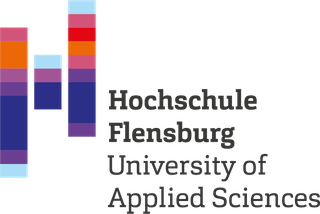Abstract
Simplified turbine models are needed wherever computational resources are limited and the model needs to run in real-time or faster, or when it is used in analytical procedures such as linearization. These use cases are typically given in control engineering applications, especially advanced methods such as nonlinear model predictive control or state estimation. Many such models with varying levels of detail have been proposed, but most of them rely on a quasi-stationary, rotor averaged/effective representation of aerodynamic forces. Unsteady aerodynamic effects such as dynamic inflow (sometimes referred to as dynamic wake) or dynamic stall are usually neglected. But with ever more advanced methods more detailed yet still computationally efficient models are needed. Therefore, this work proposes an approach for adding the effect of dynamic inflow to any rotor effective force or moment that was previously modeled as quasi-stationary. Novel to this work is the suitability for nonlinear as well as linear models and a focus on computational efficiency while still optimally recreating the effect.
Zitieren
1.
Geisler J. Simplified dynamic inflow for control engineering models. In: Torque 2022. Delft: IOP Publishing; 2022. doi:10.1088/1742-6596/2265/3/032101.
Geisler, J. (2022). Simplified dynamic inflow for control engineering models. In Torque 2022. Delft: IOP Publishing. http://doi.org/10.1088/1742-6596/2265/3/032101 (Original work published Mai 2022)
Geisler, Jens. (2022) 2022. „Simplified dynamic inflow for control engineering models“. In Torque 2022. Delft: IOP Publishing. doi:10.1088/1742-6596/2265/3/032101.
Geisler, Jens. „Simplified dynamic inflow for control engineering models“. Torque 2022. Delft: IOP Publishing, 2022.
Geisler, Jens. „Simplified dynamic inflow for control engineering models“. 2022. Torque 2022, IOP Publishing, 2022, doi:10.1088/1742-6596/2265/3/032101.
Details
-
Date Published
05/2022 -
Publisher
IOP Publishing -
Conference Location
Delft -
URL
https://doi.org/10.1088/1742-6596/2265/3/032101
